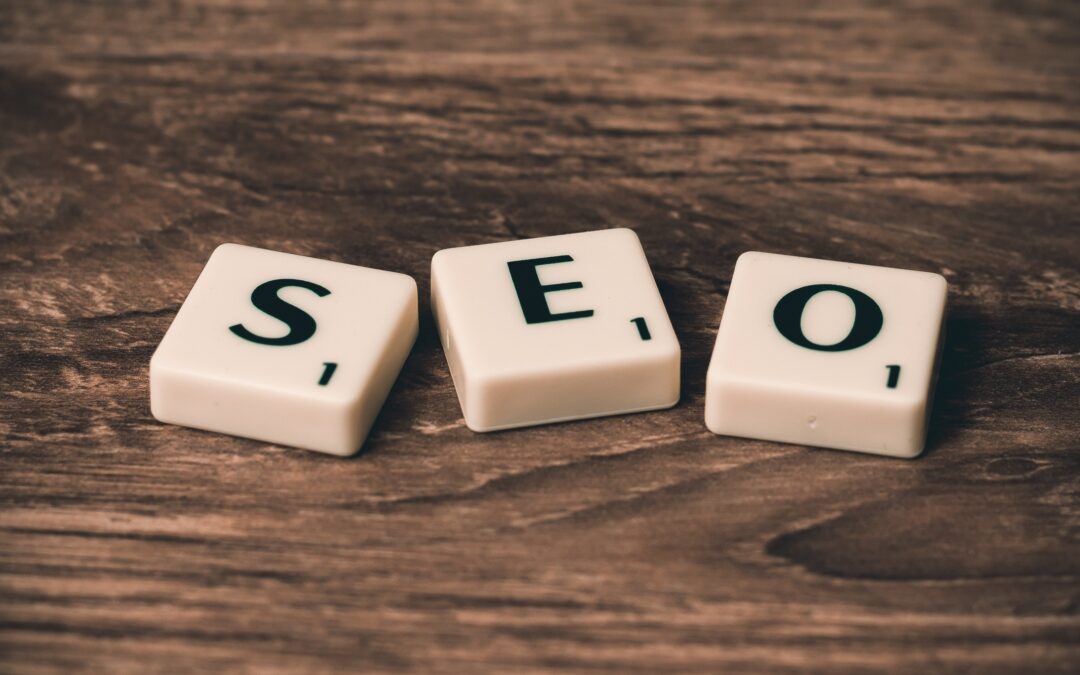Mistakes are bound to happen, but correcting those mistakes are crucial. Throughout this blog, we will discuss some of the most common SEO mistakes you have likely made and tips on how to fix them.
Slow Site Speed
Slow site speed can deter users from your site and result in Google ranking your website lower because of it. Working extremely hard to let users find your website is only half the battle as slow site speed can cause users to quickly go elsewhere. One of the newest Google features that has rolled out is Core Web Vitals (CWV) and it focuses solely on page speed and user experience. CWV is broken down into 3 different measurements that together combine for your total score. The 3 different measurements are Largest Contentful Paint, First Input Delay, and Cumulative Layout Shift.
There are a lot of factors to consider regarding page load speed but CWV should be your priority. When looking to increase the speed of your site, addressing large images and unused code are the biggest time-saving opportunities. Look at plugins to help find a solution that will increase your page speed and keep users from leaving.
Bad Reviews
We all hope for 5 star positive reviews, however, some negative reviews are inevitable. Negative reviews are not the end of the world and dealing with them the right way can help minimize any negative impact. Responding to the negative review is crucial as people can see you care and acknowledge wanting to help your customers. Getting as many positive reviews as possible after a negative review is important because it can help minimize the visibility of a negative review, as well as showing that it was an isolated instance. Getting as many positive reviews as possible after a negative review is important because it can help push the negative reviews down.
When asking for reviews we recommend keeping in the 3 R’s and 2 V’s in mind:
- Recency: How new is the most current review
- Rating: Overall star rating from combined reviews
- Relevancy: Does the review make sense for your business
- Volume: Number of reviews accumulated
- Velocity: How quickly reviews are coming through
Keeping these strategies in mind can help your business move up the rankings and can increase engagement.
Broken Links
Websites can be complicated. Checking your website backend is crucial to your SEO as sites can break easily and sometimes these issues go unnoticed. Links are prone to breaking and this is a major issue not just for site visitors but also for Google.
Using Google Search Console you can check to see if there are any 404 errors on your site. 404 errors are pages that cannot show their content as something internally is wrong with the page. If there are 404 errors, either replace the content to fix it or make use of 301 redirects. Redirects allow for quick fixes and will replace the broken link by taking the user to a working page.
Pages Not Indexed
Indexing your pages means that the pages on your website are findable on Google. Your potential site visitors are using varied keyword searches to find you. With different search terms comes different needs and wants. Being able to find individual pages is extremely important for the user’s experience. If your pages are not indexed, Google’s bots are not able to rank those pages.
Reasons why your pages are not indexed could include 404 errors, duplicate content, and sitemaps that are not updated. The best solution for these issues is to reverse the reasons why your pages are not indexed. For example, if your sitemaps are not updated, make sure to update them. Having more pages indexed by Google means more opportunities for site visitors to find you.
Improper Meta or Title Tags
Meta and title tags provide the description of each indexed page that can be found on Google. Having improper tags usually result from them being too long, which can result in penalties from Google.
A title tag should stick to no more than 50-60 characters while a meta tag should be between 50 and 160 characters. Another reason for improper meta and title tags are duplicate tags which can cause confusion. Each page should have its own unique title and description.
Conclusion
SEO is extremely important and making sure to provide high quality content is crucial to your ranking on Google and increasing your user engagement. SEO mistakes are bound to happen, but knowing the mistakes and how to fix them is important to the health of your website.
